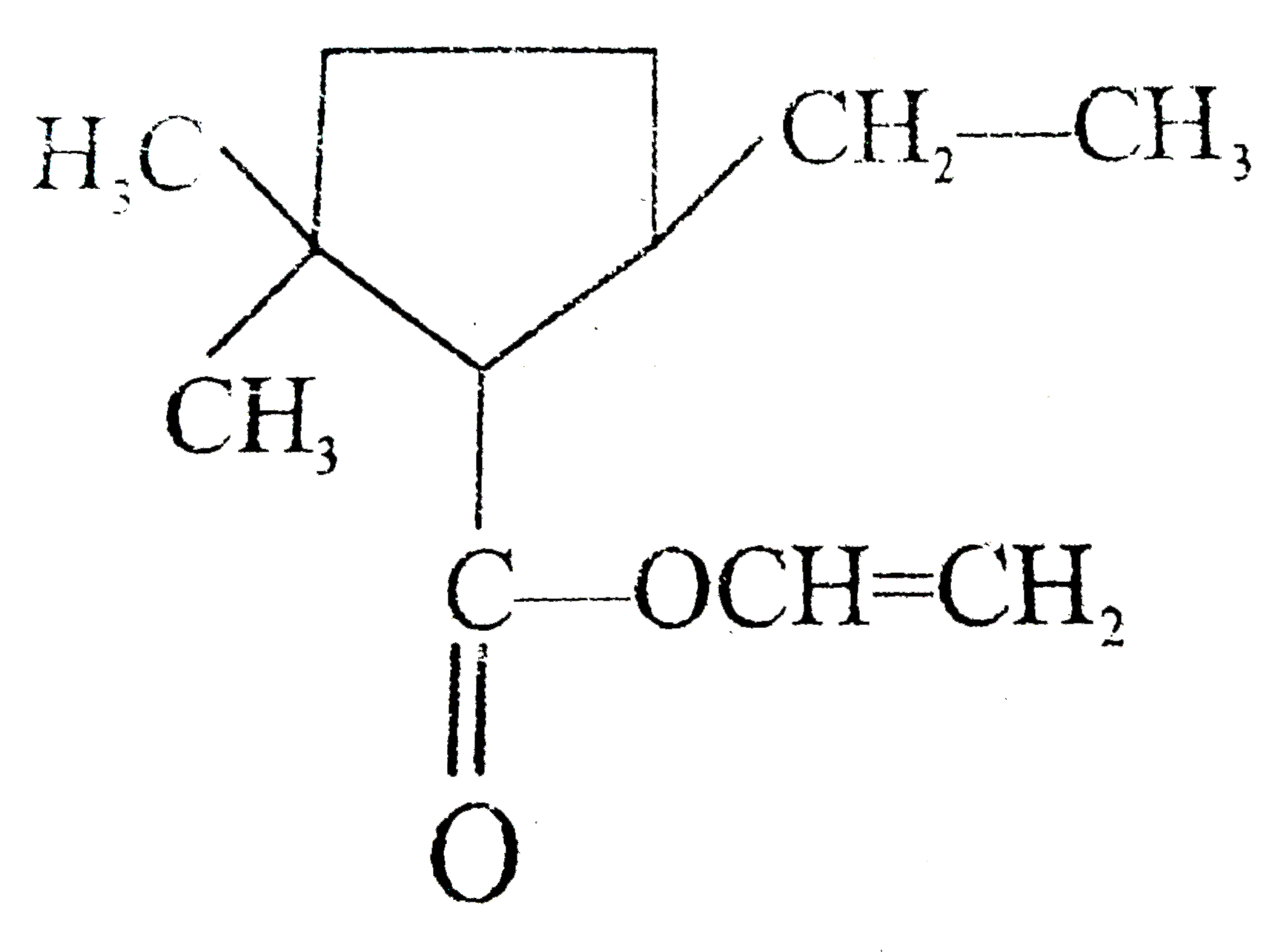A solid whose volume does not change with temperature floats in a liquid. For two different temperatures t1 and t2 of the liqiud, fraction f1 and f2 of the volume of the solid remain submerged in the liquid. The coefficient of volume expansion of the liquid is equal to
f1−f2f2t1−f1t2
f1−f2f1t1−f2t2
f1+f2f2t1+f1t2
f1+f2f1t1+f2t2
Step by step video & image solution for A solid whose volume does not change with temperature floats in a liquid. For two different temperatures t_1 and t_2 of the liqiud, fraction f_1 and f_2 of the volume of the solid remain submerged in the liquid. The coefficient of volume expansion of the liquid is equal to by Physics experts to help you in doubts & scoring excellent marks in Class 12 exams.
Updated on:21/07/2023Topper's Solved these Questions
Similar Questions
A solid of density D is floating in a liquid of density d. If V is the volume of solid submerged in the liquid and V is the total volume of the solid, then V/V is equal to
View SolutionA solid floats in a liquid at 20∘C with 75 % of it immersed. When the liquid is heeated to 100∘C, the same solid floats with 80% of it immersed in the liquid. Calculate the coefficient of expansion of the liquid. Assume the volume of the solid to be constant.
View Solution
Knowledge Check
In a vertical U-tube containing a luquid, the two arms are maintained at different temperatures, t1 and t2 . The liquid coplumns in the two arms have heights l1 and l2 respectively. The coefficient o0f volume expansion of the liquid is equal to
 Al1−l2l2t1−l1t2Bl1−l1l2t1−l2t2Cl1+l2l2t1+l1t2Dl1+l1l2t1+l2t2
Al1−l2l2t1−l1t2Bl1−l1l2t1−l2t2Cl1+l2l2t1+l1t2Dl1+l1l2t1+l2t2In a vertical U-tube containg a liquid, the two arms are maintained at different temperature, T1 and _(2), respectively. The liquid columns in the two arms have heights, l1 and l2, respectively. The coefficient of volume expansion of the liquid is equal to :
 Al2−l2l2T1−l1T2Bl1−l2l1T1−l2T2Cl1+l2l2T1+l1T2Dl1+l2l1T1+l2T2
Al2−l2l2T1−l1T2Bl1−l2l1T1−l2T2Cl1+l2l2T1+l1T2Dl1+l2l1T1+l2T2It is more difficult to measure the coefficient of volume expansion of a liquid than that of a solid because
Ano relation exists between linear and volume expansion coefficients.Ba liquid tends to evaporate.Ca liquid expands too much when heated .Dthe containing vessel also expands.
Write an expression for the relative density of a solid floating in a liquid in terms of the volume of the solid in the liquid and the total volume of the solid.
View SolutionA solid of density D is floating in a liquid of density d. If V is the volume of solid submerged in the liquid and V is the total volume of the solid, then V/V is equal to
View SolutionA solid of density D is floating in a liquid of density d. If v is the volume of solid submerged in the liquid and V is the total volume of the solid, then (v)/(V) is equal to
View SolutionA solid of density D is floating in a liquid of density d. If V is the volume of solid submerged in the liquid and V is the total volume of the solid, then V/V is equal to
View SolutionA solid of density D is floating in a liquid of density d. If υ is the volume of solid submerged in the liquid and V is the total volume of the solid, then υ/V equal to
View Solution
